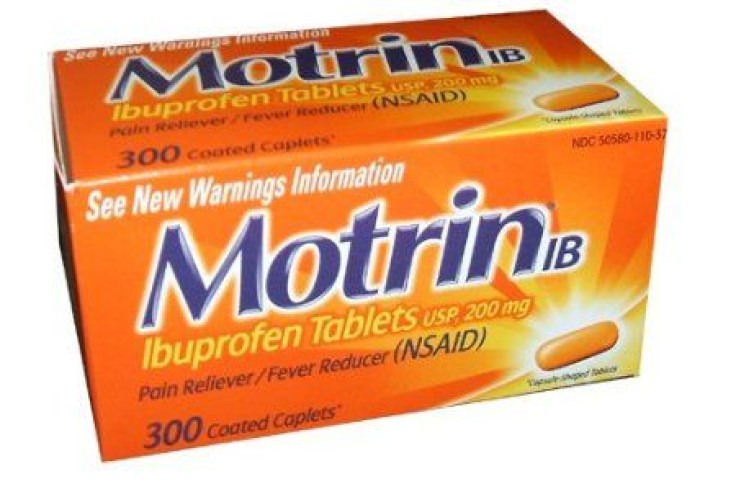Court Orders Johnson & Johnson To Pay Family $109 Million Over Daughter's Side Effects

Reuters reported that Johnson & Johnson has been ordered by a court to pay a teenager $63 million, combined with interest and they payment to her parents it totals $109 million. This comes after a court battle close to six years long after the family filed the law suit.
Samantha Reckis was given children's Motrin, which uses ibuprofen as the main ingredient, by her mother when she was seven. What happened next is any parent's nightmare; she suffered rare side effects that caused 90 percent of her skin to fall off and her to go blind. The syndrome is called toxic epidermal necrolysis, and is rare, but a known side effect in children taking ibuprofen.
After she was rushed to the hospital doctors had to drill a hole in her skull to relieve pressure and the resulting damage from the drug reaction led to chronic short term memory loss.
Additionally, the adverse reaction destroyed much of Samantha's lungs, resulting in a loss of 80 percent of her lungs breathing capacity.
The disease is called Steven Johnson Syndrome.
Her parents, both engineers with doctorates, wouldn't have given her more Motrin if the drug had warnings that, in rare circumstances, life-threatening allergies can develop, their lawyer told the court.
The lawsuit alleged that J&J did not properly label the Motrin and warn people that it could cause potentially life threatening conditions. Once the trial made it to court, it only took five weeks for the jury to award the family a total of $109 million in compensation.
The McNeil unit of Johnson & Johnson Services Inc., which is based in New Brunswick, N.J., said was considering further legal actions because it did not agree with the verdict..
"The Reckis family has suffered a tragedy, and we sympathize deeply with them," it said in a statement.
The company defended Children's Motrin by saying that it was "labeled appropriately" and when used as directed is "a safe and effective treatment option for minor aches and pains and fever."
"A number of medicines, including ibuprofen, have been associated with allergic reactions and as noted on the label, consumers should stop using medications and immediately contact a health care professional if they have an allergic reaction," it said in the statement.



























